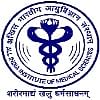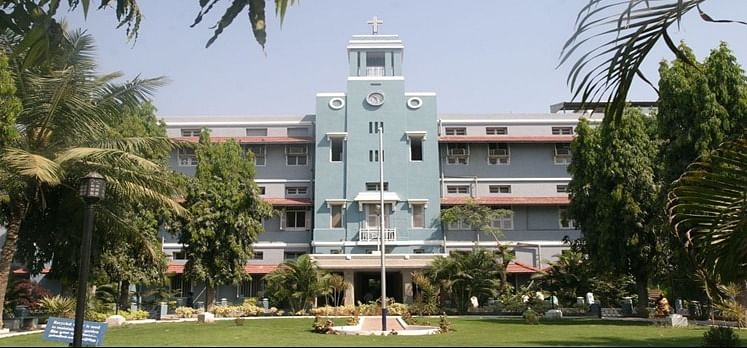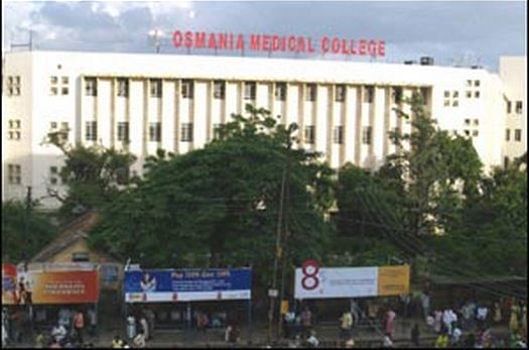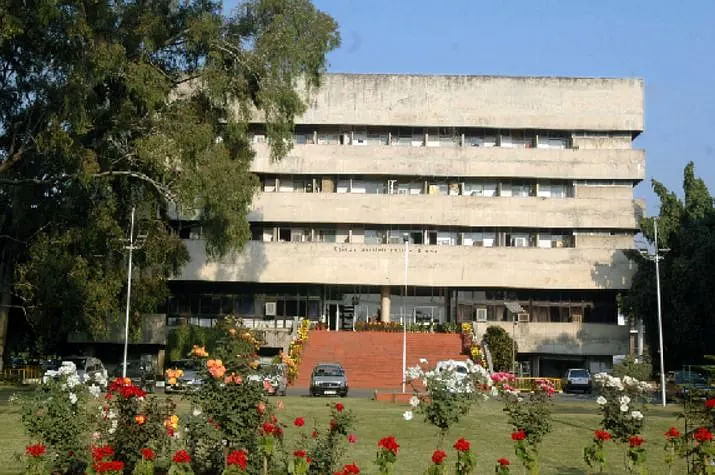DM Nephrology Syllabus and Subjects

DM Nephrology syllabus provides advanced knowledge in the field of Nephrology. DM Nephrology is concerned with the study of the diseases and functions of kidneys. Throughout the course, students are introduced to the ways of diagnosing and monitoring neurological disorders such as epilepsy, dementia, strokes, etc. DM Nephrology degree is designed to give students a theoretical and practical approach to their studies. Students can learn the skills that are required in this field.
Semester Wise DM Nephrology Syllabus
The syllabus of DM in Nephrology has various subjects such as Structure and Functions of the Kidney, Epidemiology, Hypertension, etc. DM Nephrology course covers a wide range of topics and are divided into six semesters. The semester-by-semester DM Nephrology subject list is listed below:
DM Nephrology First Year Syllabus
The table below contains the list of DM Nephrology subjects in the first year:
|
Semester I |
Semester II |
|
Anatomy of Kidney |
Basic and Advanced Investigations in Renal Diseases |
|
Embryology of the Kidney |
Fluid and Electrolyte Disorders |
|
Physiology of the Kidney |
Basic Knowledge of Immunology |
DM Nephrology Second Year Syllabus
The table below contains the list of DM Nephrology subjects in the second year:
|
Semester III |
Semester IV |
|
Basic Knowledge of Renal Pathology |
Kidney Diseases in Children |
|
Basic Knowledge of Renal Therapeutics |
Hereditary Congenital Kidney Diseases |
|
Basic Training in Renal Radiology |
- |
DM Nephrology Third Year Syllabus
The table below contains the list of DM Nephrology subjects in the third year:
|
Semester V |
Semester VI |
|
Kidney Diseases in Pregnancy |
Interstitial Diseases |
|
Glomerular Diseases |
Hypertension Vascular Diseases |
|
- |
Kidney Disorder in Geriatrics |
DM Nephrology Subjects
DM Nephrology subjects cover a wide range of subjects and topics that are essential for aspirants to learn over the course of three years. Subjects for DM in Nephrology are divided into core and elective categories. The following is a list of DM Nephrology subjects:
DM Nephrology Core Subjects
The core DM Nephrology subjects list of essential subjects that all DM Nephrology students study is as follows:
- Normal Structure and Functions of Kidney
- Disorders of Body Fluid Volume and Composition
- Epidemiology and Risk Factors in Kidney Disease
- Evaluation of The Patient with Kidney Disease
- Disorders of Kidney Structure and Function
- Genetics of Kidney Disease
- Hypertension and The Kidney
- The Consequences of Advanced Kidney Disease
- Conservative Management of Kidney Disease
- Dialysis and Extracorporeal Therapies
- Kidney Transplantation
- Pediatric Nephrology
- Global Considerations in Kidney Disease
- Challenges in Nephrology
Practicals:
- Practical Session
- Seminar
- Internship
- Project Work
DM Nephrology Course Structure
The doctorate in Nephrology is a three-year course with six semesters. The DM Nephrology course structure is designed to provide students with all of the necessary and relevant information to become successful in the field of Nephrology. The subjects in the DM Nephrology course teach not only theoretical knowledge but also practical and interpersonal skills that are necessary. The following is a breakdown of the DM Nephrology course structure:
- VI Semesters
- Core Courses
- Elective Courses
- Practicals
- Seminars
- Internship
- Project Work
DM Nephrology Teaching Methodology and Techniques
DM Nephrology has its own teaching methods and techniques. The subjects are developed with practical instruction so that the students have a clear idea of what is being taught. Practical sessions and seminars provide students with hands-on use of a variety of tools and technologies, allowing them to gain an in-depth understanding of nephrology and various related techniques. This leads to the acquisition of theoretical and practical knowledge of the course. The following are the different teaching approaches used in the DM Nephrology course:
- Practical sessions
- Workshops
- Seminars
- Regular Lectures
DM Nephrology Projects
Through project-based learning, the DM Nephrology program focuses on providing professional training to develop solutions to kidney disease. The main goal of working on projects is to ensure that students understand the concepts from start to finish. Below are some of the most common DM Nephrology projects:
- Clinical Informatics
- Epidemiology of Acute Kidney Injury
- Experimental Models of Renal Disease
- Pathobiology of the Complement and Endothelial Cells
- Medication and Toxin-induced Acute Kidney Injury
DM Nephrology Books
DM Nephrology books provide students with an in-depth study of their subject as well as a basic understanding of the course. Students can access course books both online and offline. Students can make an informed decision by fully understanding the course requirements by downloading the course details before enrolling in the course.
Below are the reference books for DM Nephrology Syllabus:
|
Name of Book |
Author |
|
Peritoneal Dialysis Manual |
R.T Krediet, D.G Struijk, S.Van Esch |
|
Nephrology Secrets |
Edgar V. Lerma, Matthew A Sparks MD, Joel Topf MD |
|
Nephrology and Hypertension Board Review |
Phuong-Chi Pham, Phuong-Thu T.Pham MD |
|
Dieretics |
Lars Wouters |
















